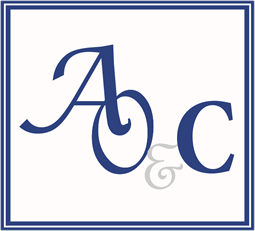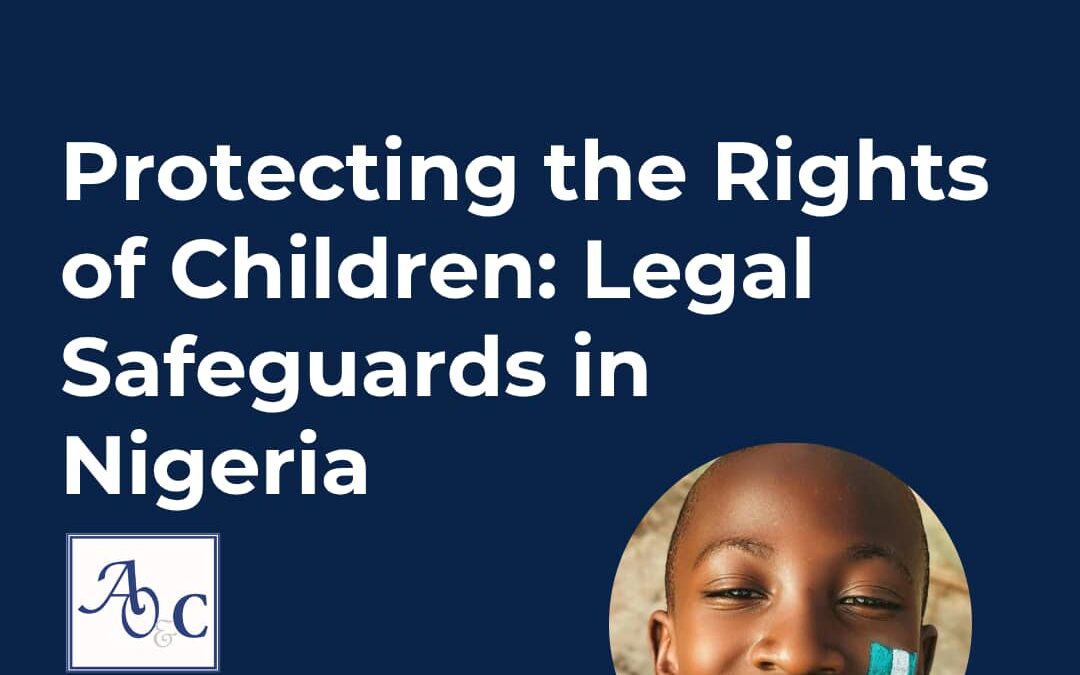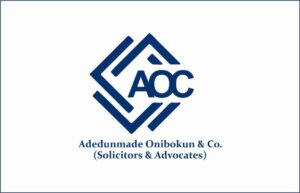Across the globe, it is a common cultural belief that children should be protected, nurtured, and guided. Many societies emphasize the importance of safeguarding the well-being of children and providing them with the care and upbringing necessary for their development and future success. However, despite the values highlighted above, many children continue to face various forms of maltreatment and injustice.
International Protection
According to the World Health Organization, consequences of child maltreatment include impaired lifelong physical and mental health, and the social and occupational outcomes can ultimately slow a country’s economic and social development. Most violence against children involves at least one of six main types of interpersonal violence that tend to occur at different stages in a child’s development including maltreatment, bullying, youth violence, sexual violence and emotional or psychological violence. When directed against girls or boys because of their biological sex or gender identity, any of these types of violence can also constitute gender-based violence.
Internationally, the United Nations Convention on the Rights of the Child (UNCRC) is an international human rights treaty that grants all children and young people (aged 17 and under) a comprehensive set of rights. The UNCRC, a landmark treaty was adopted on November 20, 1989, and came into force on September 2, 1990 with over 195 countries having ratified it.
The UNCRC outlines 54 articles that cover civil, political, economic, social, and cultural rights of children. It also defines a child as any human being under the age of 18 unless the age of majority is attained earlier.
Nigerian Protection
In Nigeria, children’s Rights are protected by law and held sacred, not only does the law protect the child; it also stipulates punishment for adults who take advantage of children or seek to negatively influence them. The law seeks to prevent cruelty against children while stating the rights and obligations of the Nigerian Child.
Prior to the 2003 Child Rights Act, Nigerian child protection was defined by the Children and Young People’s Act (CYPA), a law relating primarily to juvenile justice. In 2003, Nigeria adopted the Child Rights Act to domesticate the Convention on the Rights of the Child. According to the new act, “the best interest of a Child to be of paramount consideration in all actions. – Section 1, Child’s Right Act (2003).
According to the Part II of the Child Rights Act, some of the rights of the Nigerian child include:
– Right to survival and development.
– Right to name.
– Freedom of association and peaceful assembly.
– Freedom of thought, conscience and religion.
– Right to private and family life.
– Right to freedom of movement.
– Right to freedom from discrimination.
– Right to dignity of the child.
– Right to leisure, recreation and cultural activities.
– Right to health and health services.
– Right to parental care, protection and maintenance.
– Right of a child to free, compulsory and universal primary education, etc.
– Right of a child in need of special protection measure.
– Right of the unborn child to protection against harm, etc.
Contracts With Children
Under the Nigerian Child Rights Act (CRA) of 2003, a child (anyone under the age of 18) is not legally capable of entering into binding contracts. Any contract entered into by a child is generally considered void. With exception to contracts for necessaries (essential items such as food, clothing, and shelter) are enforceable. Contracts that are deemed beneficial to the child, such as those related to education or apprenticeship, may also be valid.
Child Marriage & Abuse
The Act also prohibits Child marriage as no person under the age of 18 years is capable of contracting a valid marriage, and accordingly a marriage so contracted is null and void and of no effect whatsoever. In addition, parents and guardians are precluded from arranging or facilitating child betrothals and any person who marries a child; or to whom a child is betrothed; or who promotes the marriage of a child; or who betroths a child, commits an offence and is liable on conviction to a fine of N500,000; or imprisonment for a term of five years or to both such fine and imprisonment.
It is against the law to tattoo or mark the skin of a child, any person who tattoos or makes a skin mark on a child commits an offence under the Act and is liable on conviction to a fine not exceeding five thousand naira or imprisonment for a term not exceeding one month or to both such fine and imprisonment.
Exposing a child to the use or trafficking of narcotics is a serious crime and any person found guilty is liable on conviction to imprisonment for life. Employing a child for the facilitation of criminal acts is also an offence under the Act and any person found guilty is liable on conviction to imprisonment for a term of fourteen years.
It is unlawful to have sexual intercourse with a child; any person who contravenes this provision commits an offence of rape and is liable on conviction to imprisonment for life. Where a person is charged with an offence under this section, it is immaterial that- the offender believed the person to be of or above the age of eighteen years; or the sexual intercourse was with the consent of the child.
Remedies and Inheritance
It may be interesting to note that a child may bring an action for damages against a person for harm or injury caused to the child will-fully, recklessly, negligently or through neglect before, during or after the birth of that child. Also, where the father of an unborn child dies intestate, the unborn child is entitled, if he was conceived during the lifetime of his father, to be considered in the distribution of the estate of the deceased father. Where the mother of an unborn child dies intestate before the child is delivered, the unborn child is entitled, if he survives his mother, to be considered in the distribution of the estate of the deceased mother.
State Duty
Other sections of the Act also provide for the right of the Nigerian Child, these sections of the Act that relate to legal issues affecting the Nigerian child include; the duty of the State to protect children and investigate the plight of children who need special care and protection; child labour; harmful publications that negatively influence children; adoption, custody and guardianship of children and the Child Justice Administration system.
You can download a copy of the Child Rights Act here. If you have any questions about child rights, please send a mail via info@aocsolicitors.com.ng
The articles published on this website are provided for general informational purposes only and do not constitute legal advice. While we strive to ensure the information is accurate and up-to-date, it should not be relied upon as a substitute for professional legal counsel. If you require specific legal assistance, we strongly recommend consulting with a qualified lawyer. Our law firm disclaims any liability for actions taken or not taken based on the content provided on this website.

